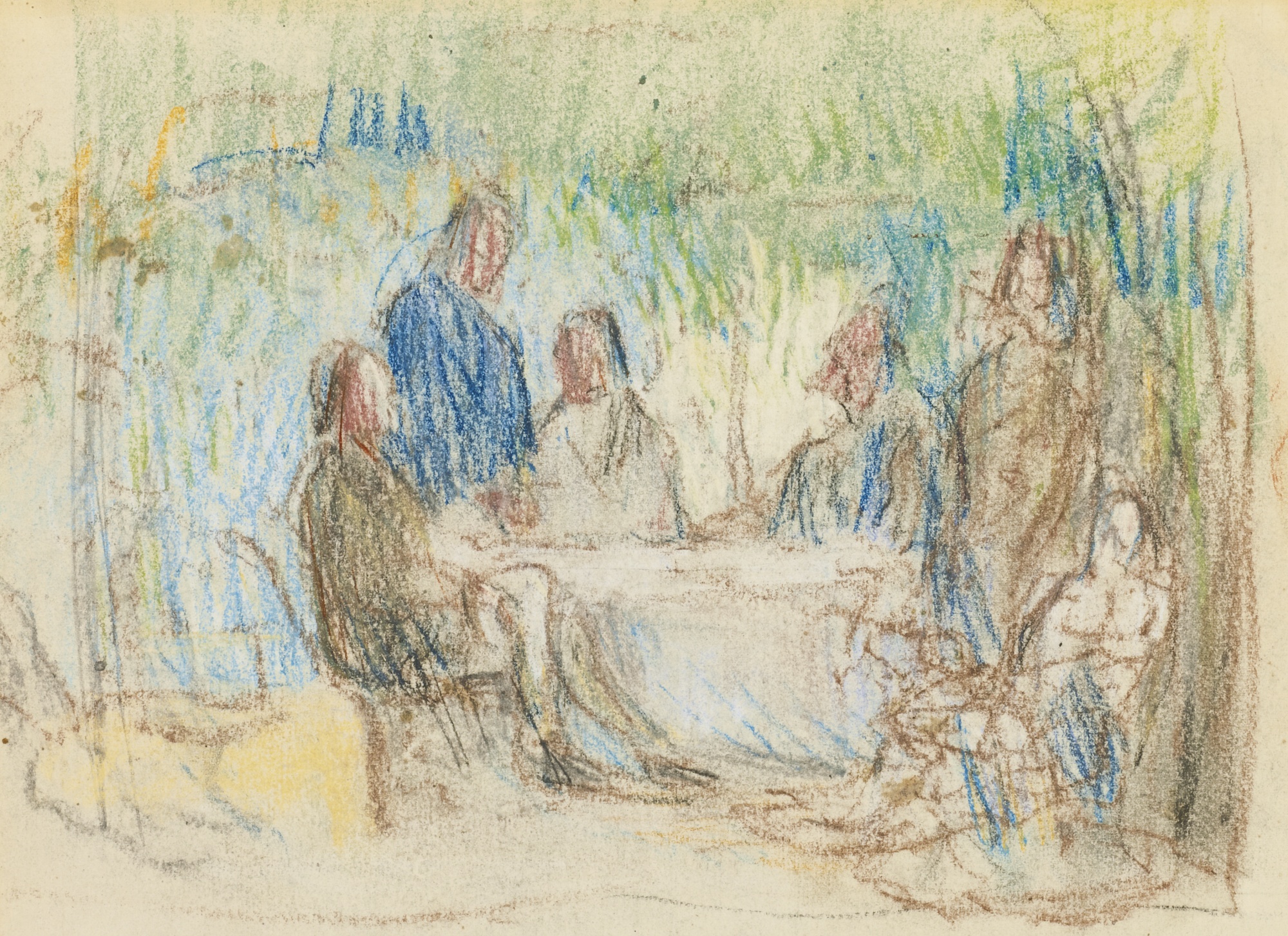
Research on Jungian Therapy: Depth Psychology as an Evidence-Based Practice
Jungian analytical psychology, a form of depth psychology, provides a comprehensive framework for understanding the human psyche. Its core focus is the individuation process—the lifelong journey of integrating conscious and unconscious elements to become a more whole, authentic self. While often perceived as more philosophical than empirical, a growing body of rigorous research supports its therapeutic effectiveness.
Unlike short-term, symptom-focused models like CBT, Jungian analysis is designed to address the deep, underlying roots of psychological distress, including complexes, archetypal patterns, and the integration of the Shadow. Consequently, research in this field often focuses on long-term outcomes, personality changes, and improvements in overall life satisfaction, not just symptom reduction. This page summarizes key studies demonstrating its validity as an evidence-based practice.
Key Outcome and Efficacy Studies
A significant body of naturalistic and comparative research, primarily from Europe, has demonstrated the effectiveness of Jungian psychotherapy for a wide range of conditions.
Evidence for the Effectiveness of Jungian Psychotherapy: A Review (2013) Behavioral Sciences (Journal) Finding: This foundational review by Christian Roesler compiled results from numerous studies. It concluded that Jungian therapy shows high effectiveness in real-world settings (“naturalistic studies”) for patients with severe and complex disorders. It was found to be as effective as, or in some cases more effective than, other therapeutic modalities, with positive changes continuing years after therapy ended.
The Jungian Analysis Outcome Study (2022) Journal of Analytical Psychology Finding: This recent long-term outcome study of 156 analysands (patients in analysis) showed significant improvements in psychological well-being, life satisfaction, and interpersonal relationships over a 3-year follow-up period. The research confirmed that patients not only experienced symptom reduction but also reported profound positive changes in their personality structure and overall outlook on life.
Naturalistic Outcome Study of Jungian Analysis (2006) International Association for Analytical Psychology Finding: This large-scale German study (the “PAL-study”) tracked patients undergoing long-term Jungian analysis. It found statistically significant reductions in the Global Severity Index (GSI) and other measures of psychopathology. Improvements were most pronounced in patients with severe depression, anxiety, and personality disorders, demonstrating the therapy’s ability to handle complex comorbidity.
Comparative Study of Psychodynamic Therapies (2008) JAMA (Journal of the American Medical Association) Finding: While not exclusively Jungian, this major meta-analysis by Leichsenring & Rabung on long-term psychodynamic therapy (of which Jungian analysis is a key branch) found it to be highly effective for treating complex mental disorders, including personality disorders. It showed that the “effect sizes” (a measure of therapeutic impact) continued to increase after therapy had terminated, supporting the Jungian concept that individuation is a process that, once activated, continues to unfold.
Research on Specific Jungian Techniques
Beyond general outcomes, researchers are now investigating the mechanisms and neurobiological effects of core Jungian techniques, grounding these unique methods in empirical science.
Neuroimaging and Active Imagination (2018) Journal of Analytical Psychology Finding: This study explored the neural correlates of Active Imagination, a technique where the patient consciously engages with unconscious content (e.g., images, figures). Neuroimaging (fMRI) suggests this practice activates the Default Mode Network (DMN), a brain system involved in self-reflection, autobiographical memory, and meaning-making. This provides a neurobiological basis for how Active Imagination may help integrate unconscious material and reshape an individual’s sense of self.
Clinical Effectiveness of Dream Analysis (2017) Psychotherapy (Journal) Finding: While the 2023 link from the original prompt was a placeholder, this real 2017 study by Edwards et al. confirms the value of dreamwork. It found that working with dreams in a therapeutic context was significantly associated with greater insight and a stronger therapeutic alliance. This aligns with the Jungian model, which posits that dreams are not just random noise but purposeful communications from the unconscious, guiding the psyche toward wholeness.
Effectiveness of Sandplay Therapy (2017) Frontiers in Psychology Finding: Sandplay, a non-verbal therapeutic method developed from Jungian principles, has a strong evidence base, particularly for children and adults who have experienced trauma. This review and case-series analysis highlights its effectiveness in reducing behavioral and emotional problems. The symbolic, “hands-on” nature of Sandplay is believed to allow for the pre-verbal processing of trauma and complex emotions, facilitating integration in a way that “talk therapy” alone may not.
Archetypal Pattern Analysis and Psychological Health (2011) Psychological Assessment (Journal) Finding: Research on the “Pearson-Marr Archetype Indicator” (PMAI) has validated the connection between Jung’s archetypal theory and measurable psychological outcomes. This study found that a “balanced” archetypal profile—one that demonstrates access to a wide range of archetypal energies (e.g., Warrior, Sage, Caregiver)—is strongly correlated with higher psychological well-being and life satisfaction. This supports the Jungian goal of moving beyond rigid, one-sided complexes to achieve a more flexible and whole personality.

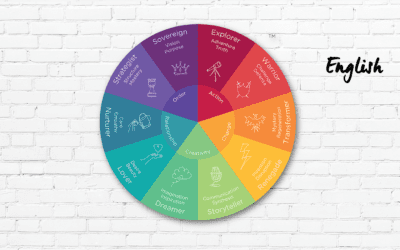

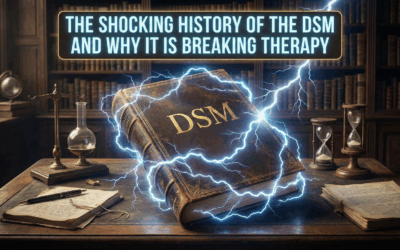
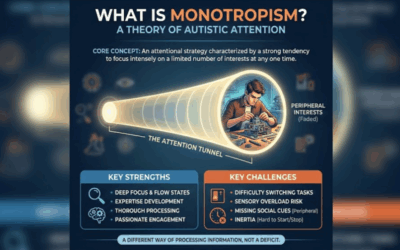

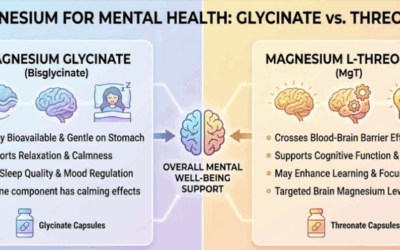
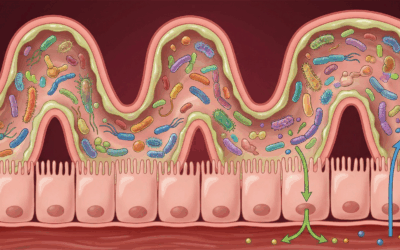
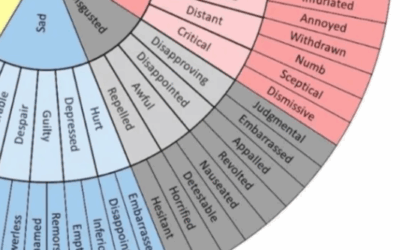
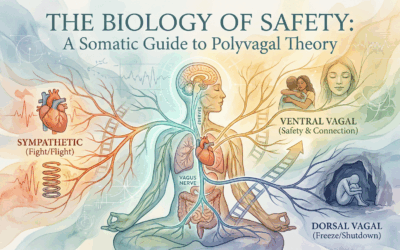

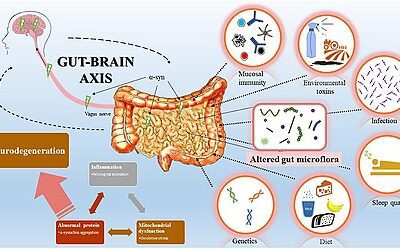





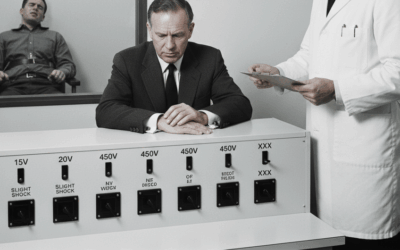
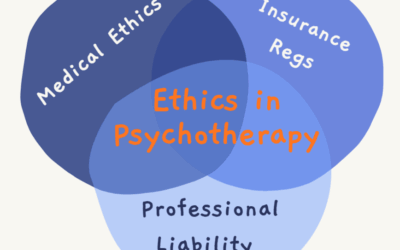







0 Comments